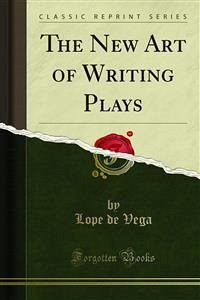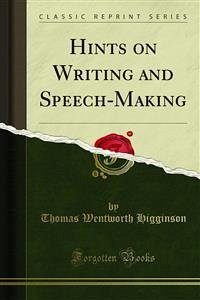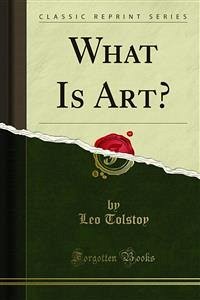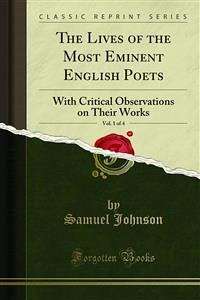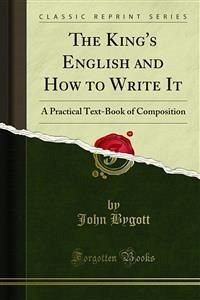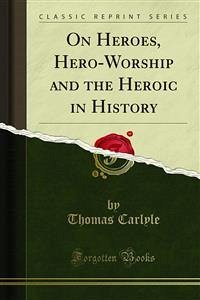The New Art of Writing Plays by Lope De Vega expounds the ideas of this famous Spanish playwright regarding the art of writing plays. As a master of his craft, De Vega is constantly compared with Shakespeare with regard to poetry and drama. In this book, he uses verse to describe the nuances of creating plays. Throughout, the language is informal and written in good humour. With a self-effacing attitude, De Vega provides some crucial insights in to his way of playwriting. The address by De Vega is brief and translated from Spanish for the English reader. However, even in its brevity, the work is of tremendous importance as it's a rare insight by a playwright on his craft. The most important aspect of this address remains his support for the Classicist doctrine of playwriting but his own inability to follow those rules while creating his plays. In The New Art of Writing Plays the analysis provided by Brander Matthews is as relevant as the work itself. Matthews is able to link the many loose references made in the address and comparisons with other famous playwrights of his time. The New Art of Writing Plays brings up two points worth noting. First and foremost, this work postulates De Vega's style of playmaking and provides first hand inputs to those interested in the craft and provides a window into the intricate world of Spanish plays of his era. Secondly, this work shows De Vega's internal conflict in contextualizing his own work against the backdrop of Classicists like Cicero, Donatus, Robortello and others whom he mentions. While this title would be a treasure trove of information for scholars and students of the arts it will also entice the casual enthusiast.

